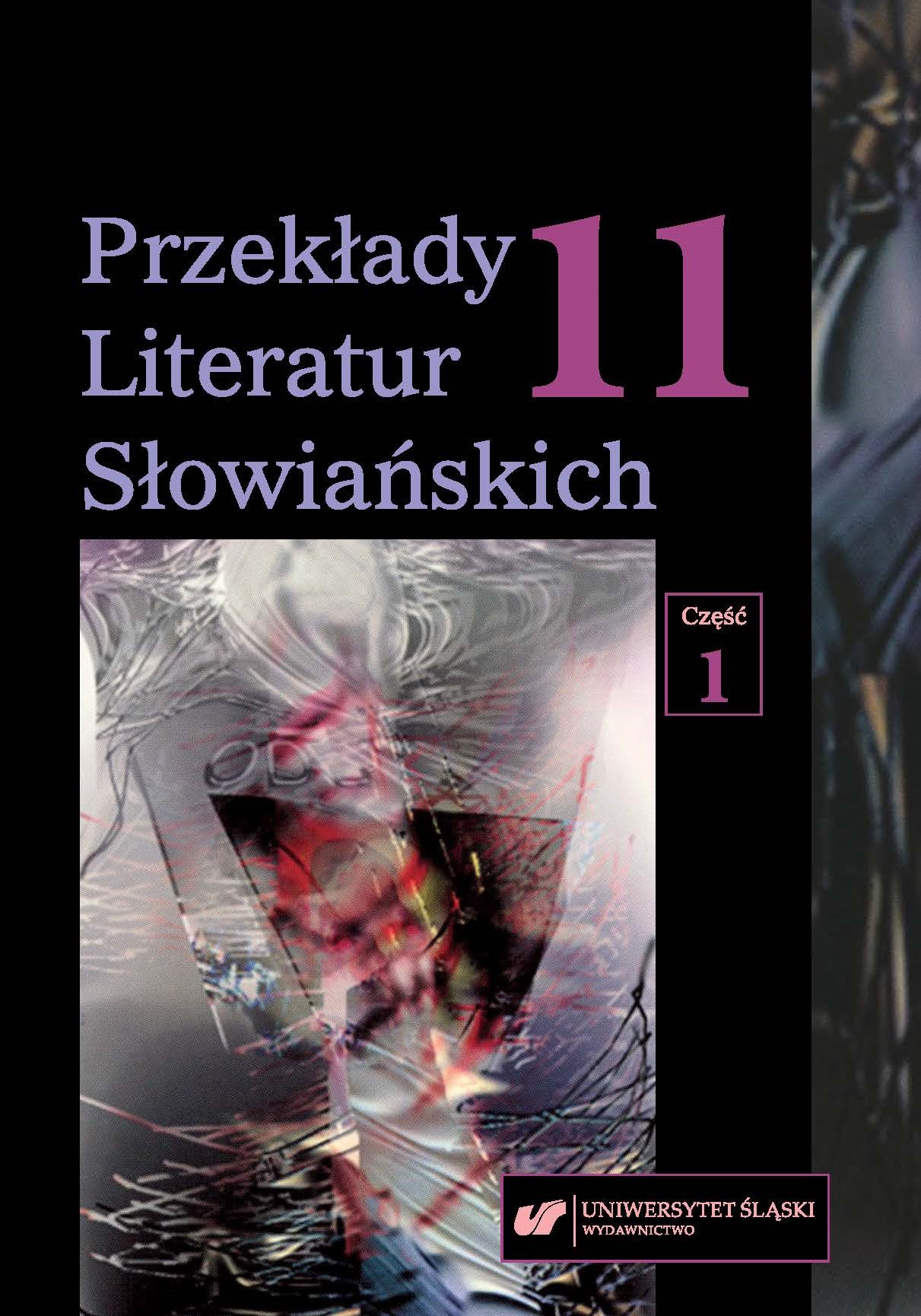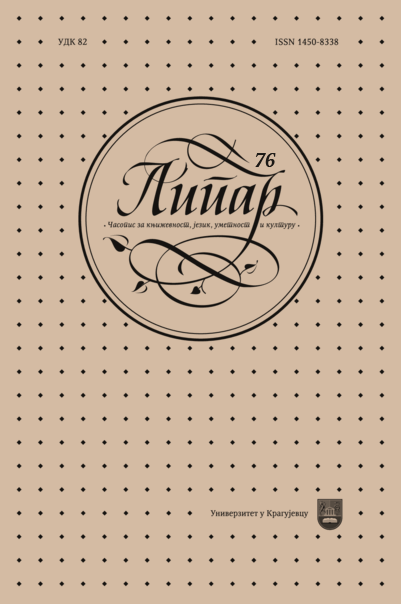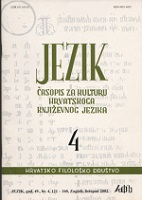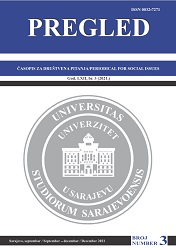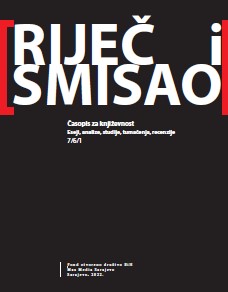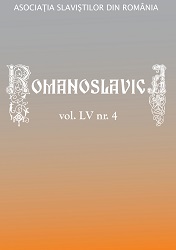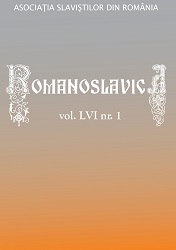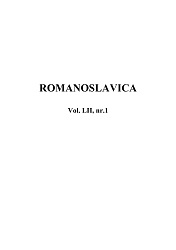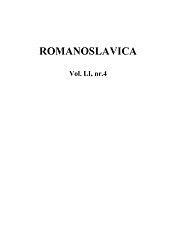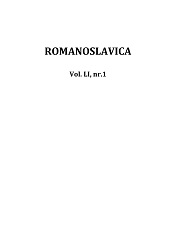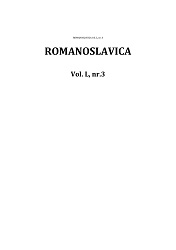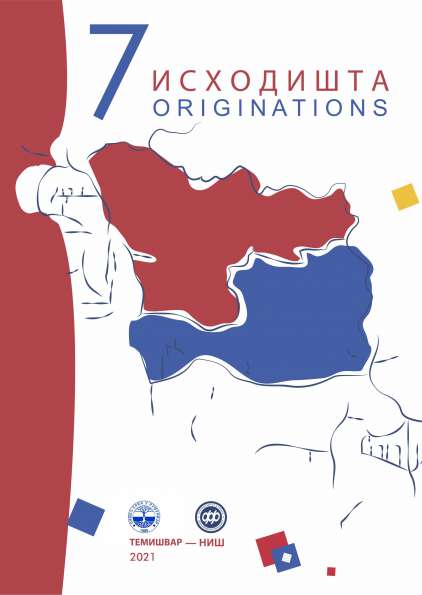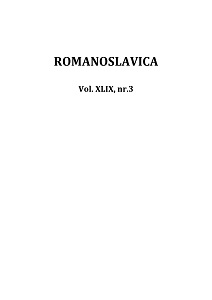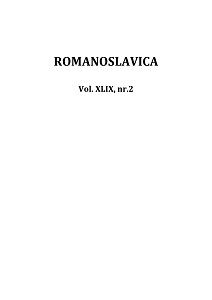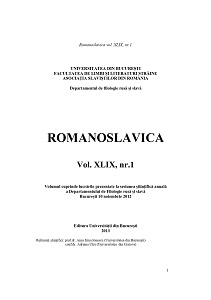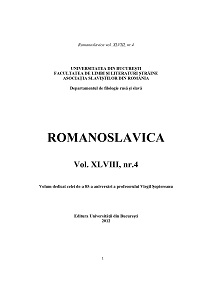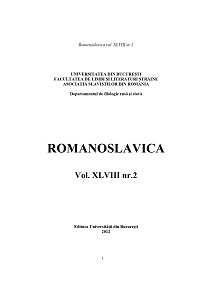Author(s): Octavia Nedelcu / Language(s): Romanian
Issue: 2/2013
Undoubtedly, Milorad Pavić is the writer who makes way to a new literary genre in Serbian literature, who experiments a new poetics of metatextual and postmodernist type, trying to learn the meaning of the wandering words belonging to a lost in times past language. The Dictionary of the Khazars, first in the series of Milorad Pavić’s great literary creations, is a labyrinth-novel, bearing a historical enigma as grounds: the destiny of the Khazars, a Turkic population, who created a great empire between the 7th and the 10th century on the banks of the Volga river, but disappeared completely afterwards. According to some scientists, the Khazars might be the ancestors of the Ashkenazi Jews from Eastern Europe. The theme of the Khazars came to Pavić’s attention in his early student days, while writing a seminar paper on Cyril and Methodius, more specifically about one of Constantine Cyril’s sermons and about the issue on the people’s destiny on the stage of history, their rise and fall. The writer decided to use this source in a new, unique way, combining his experience as a scientist with that of a lexicographer and novelist in a lexicon like novel. In this paper we intend to analyse the two historical characters, the apostles of the Slavic writings, Cyril and Methodius, from the author’s perspective, who turns them into literary characters, as well as their image reflected in the eyes of the other characters.
More...
